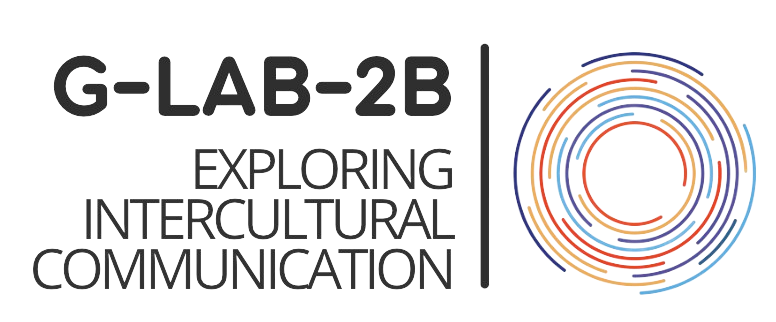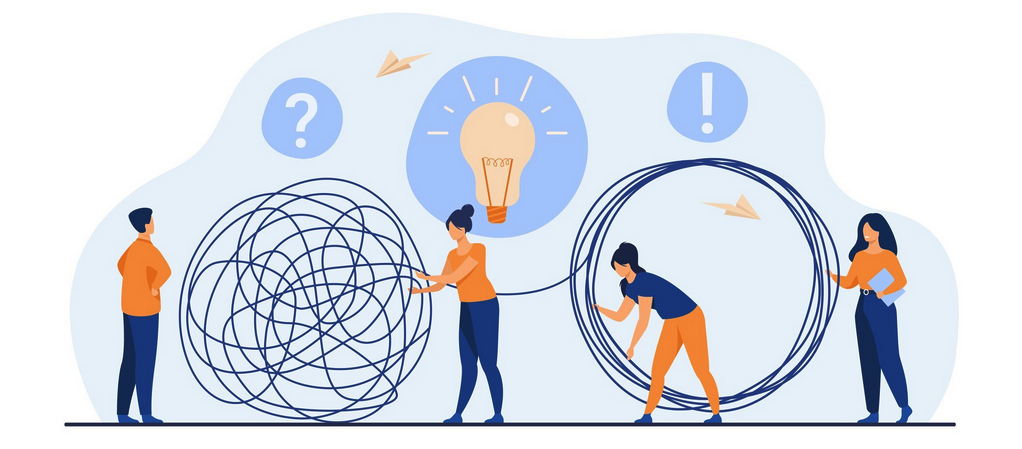In our world we try to look for clear answers and “perfect” solutions. But what happens when those very solutions are themselves the problem? This article examines this paradoxical situation from several perspectives.
“Every solution to a problem changes the problem.” Paul Watzlawick.
Table of Contents
The solution can be a problem
It is a fact that solutions are often more complex than they appear at first glance and that they themselves can create new problems. This paradox challenges us to constantly question our beliefs and makes us carefully re-consider the possible consequences of our decisions. The search for truth and the understanding of human behavior are constant challenges that require deep reflection and careful analysis. Recognizing that the solution is sometimes the problem offers a valuable perspective for developing sustainable and comprehensive conflict resolution strategies.
Paul Watzlawick, known for his work on communication and problem solving, demonstrates that human behavior is often influenced by a number of factors that make a simple solution impossible. His concepts illustrate that solutions often create new problems because they do not take into account all aspects of human nature and social interactions.
The solution paradox
Attempts to solve a problem quickly and efficiently may ignore or increase the underlying dynamics of the problem or conflict in general. The paradox is that, seeking a quick or easy solution ignores the complexity and root causes of a problem which often leads to a worsening of the situation. This highlights the need to look at problems holistically and understand that solutions often require multi-dimensional approaches that consider both the immediate symptoms and the underlying causes.
Furthermore, this paradox underscores the importance of long-term thinking in problem solving. Short-term solutions may be tempting but may have negative long-term consequences that cause the problem to resurface in a new form or even worsen.
A sustainable approach
A sustainable approach that takes into account the long-term effects and potential side effects of solutions is crucial to achieving lasting and effective solutions to problems. To achieve this goal, it is important to ask the right questions, as this is the only way to get the right answers that will lead to a lasting solution.
“The scientist is not the person who gives the right answers, he is the one who asks the right questions.” Claude Levi-Strauss
This highlights the importance of precise and well-directed inquiry since everything we know has its origin in the questions we ask, which are the main intellectual tools available to human beings. As such, asking the right questions not only guides us towards a precise answer, but also helps us to anticipate long-term effects and possible drawbacks and thus ensures the sustainability and effectiveness of the solutions implemented.


